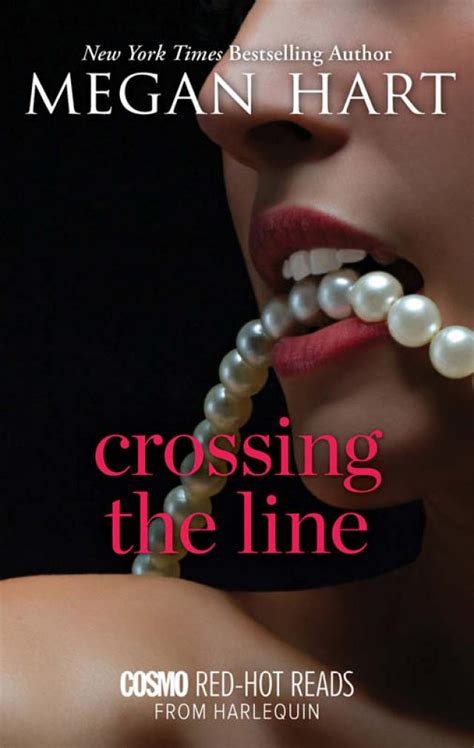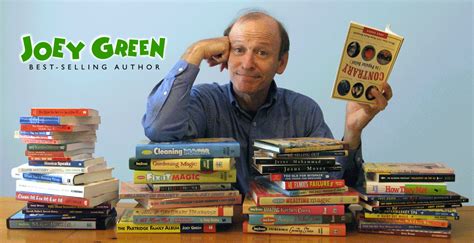A Quote by Aeschylus
There is no pain so great as the memory of joy in present grief.
Related Quotes
But pain may be a gift to us. Remember, after all, that pain is one of the ways we register in memory the things that vanish, that are taken away. We fix them in our minds forever by yearning, by pain, by crying out. Pain, the pain that seems unbearable at the time, is memory's first imprinting step, the cornerstone of the temple we erect inside us in memory of the dead. Pain is part of memory, and memory is a God-given gift.
Sometimes grief is a comfort we grant ourselves because it's less terrifying than trying for joy. Nobody wants to admit it. We'd all declare we want to be happy, if we could. So why, then, is pain the one thing we most often hold on to? Why are slights and griefs the memories on which we choose to dwell? Is it because joy doesn't last but grief does?
Grief is real because loss is real. Each grief has its own imprint, as distinctive and as unique as the person we lost. The pain of loss is so intense, so heartbreaking, because in loving we deeply connect with another human being, and grief is the reflection of the connection that has been lost. We think we want to avoid the grief, but really it is the pain of the loss we want to avoid. Grief is the healing process that ultimately brings us comfort in our pain.
The way to live in the present is to remember that "This too shall pass." When you experience joy, remembering that "This too shall pass" helps you savor the here and now. When you experience pain and sorrow, remembering that "This too shall pass" reminds you that grief, like joy, is only temporary.
Real grief is not healed by time... if time does anything, it deepens our grief. The longer we live, the more fully we become aware of who she was for us, and the more intimately we experience what her love meant for us. Real, deep love is, as you know, very unobtrusive, seemingly easy and obvious, and so present that we take it for granted. Therefore, it is only in retrospect - or better, in memory - that we fully realize its power and depth. Yes, indeed, love often makes itself visible in pain.
I surrender it to God, knowing that the pain itself is a product or a reflection of how I am interpreting whatever it is that is causing me pain. Some pain is simply the normal grief of human existence. That is pain that I try to make room for. I honor my grief. I try to be kinder to myself. I give myself time to move through and to process whatever is making me sad.
Memory is corrupted and ruined by a crowd of memories. If I am going to have a true memory, there are a thousand things that must first be forgotten. Memory is not fully itself when it reaches only into the past. A memory that is not alive to the present does not remember the here and now, does not remember its true identity, is not memory at all. He who remembers nothing but facts and past events, and is never brought back into the present, is a victim of amnesia.
The difference between shallow happiness and a deep, sustaining joy is sorrow. Happiness lives where sorrow is not. When sorrow arrives, happiness dies. It can't stand pain. Joy, on the other hand, rises from sorrow and therefore can withstand all grief. Joy, by the grace of God, is the transfiguration of suffering into endurance, and of endurance into character, and of character into hope--and the hope that has become our joy does not (as happiness must for those who depend up on it) disappoint us.




































